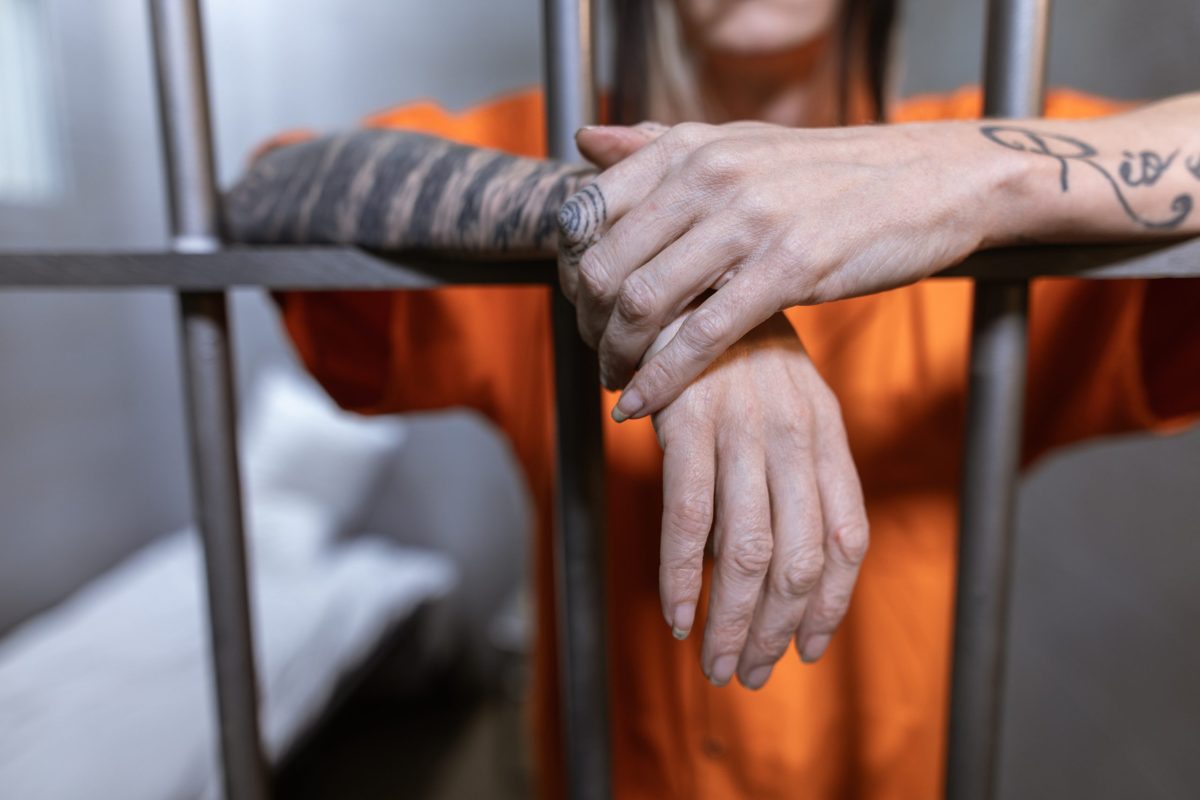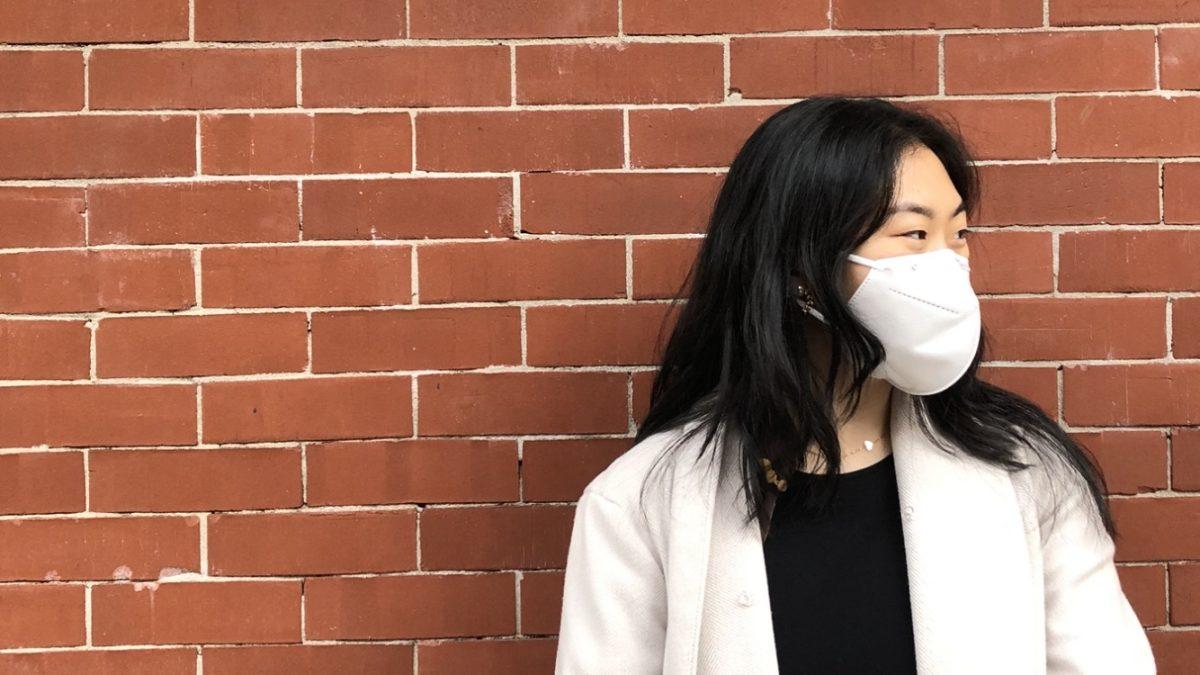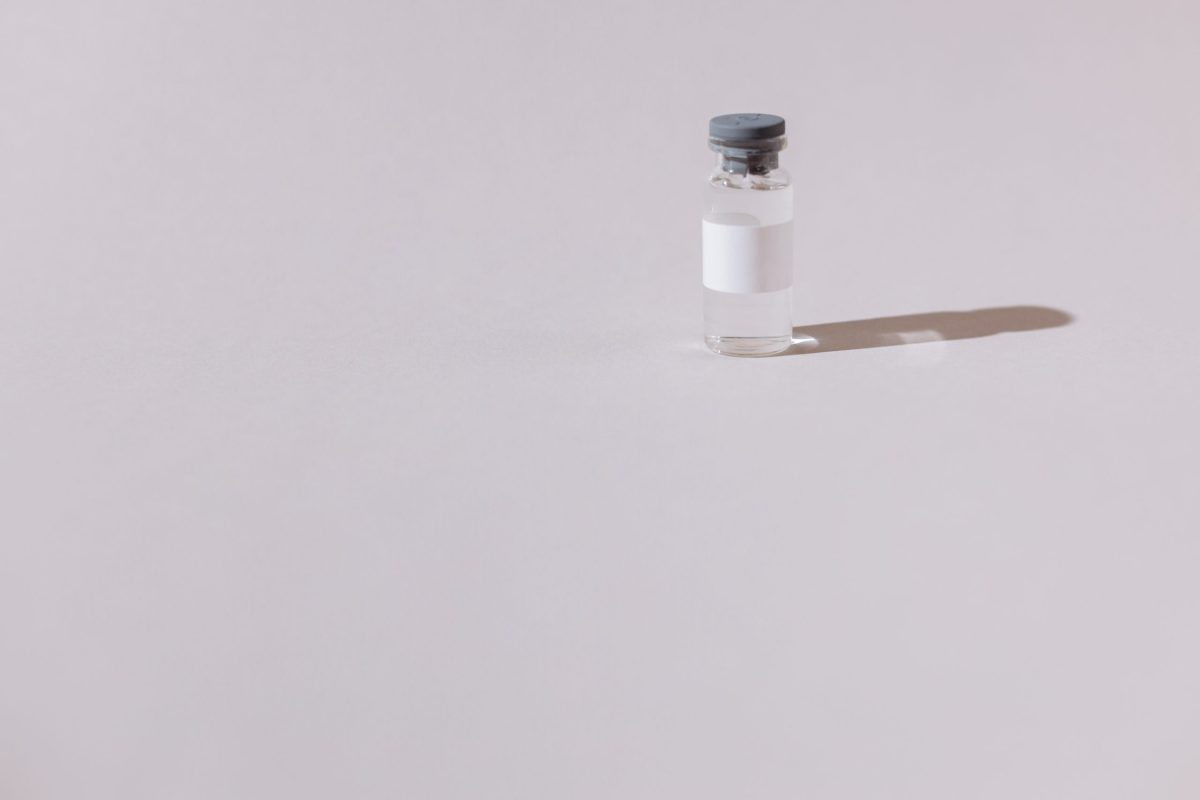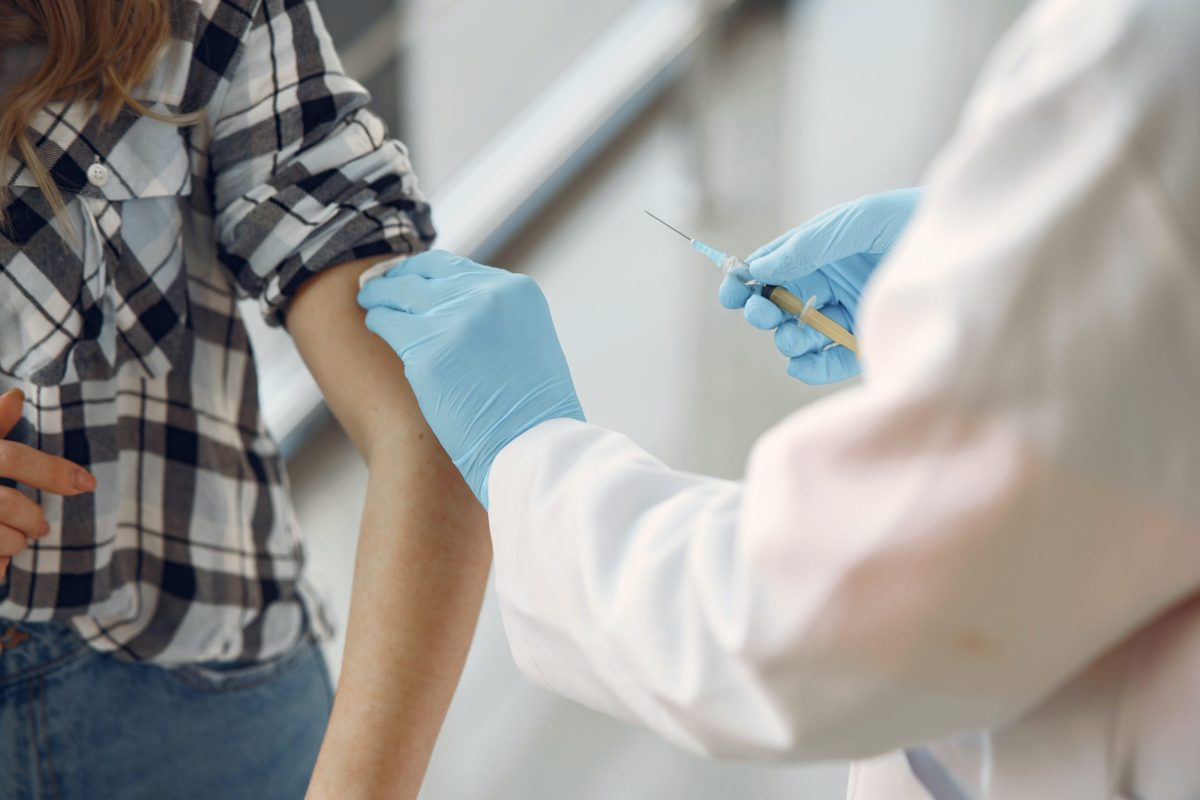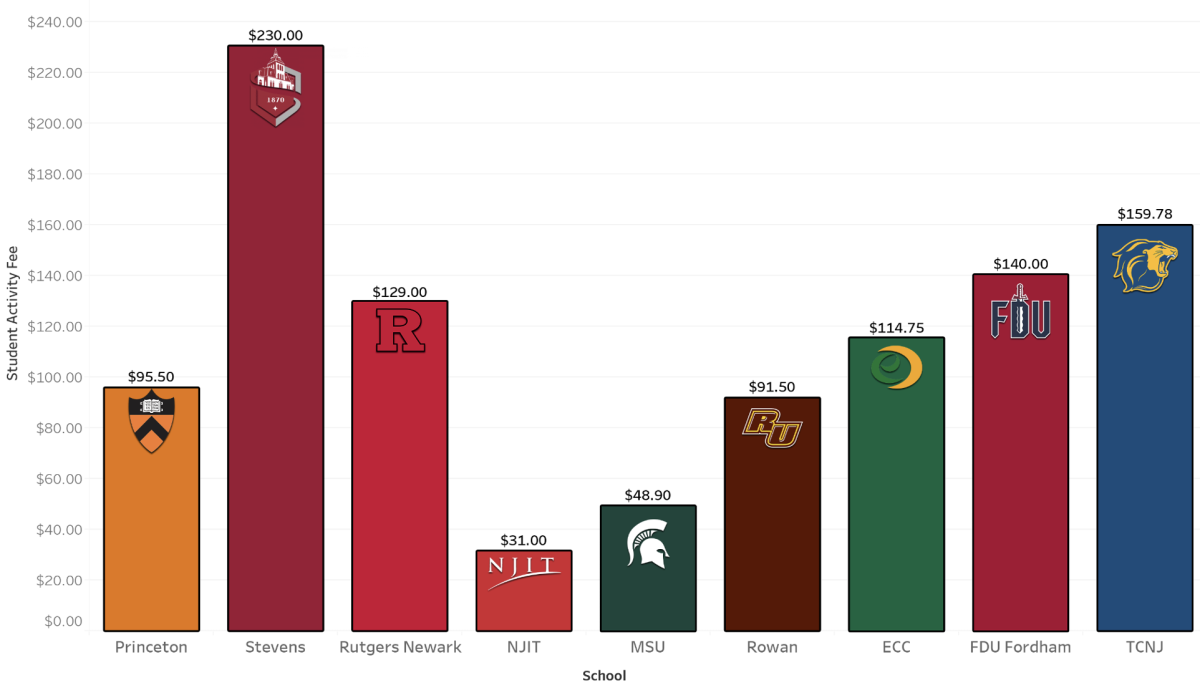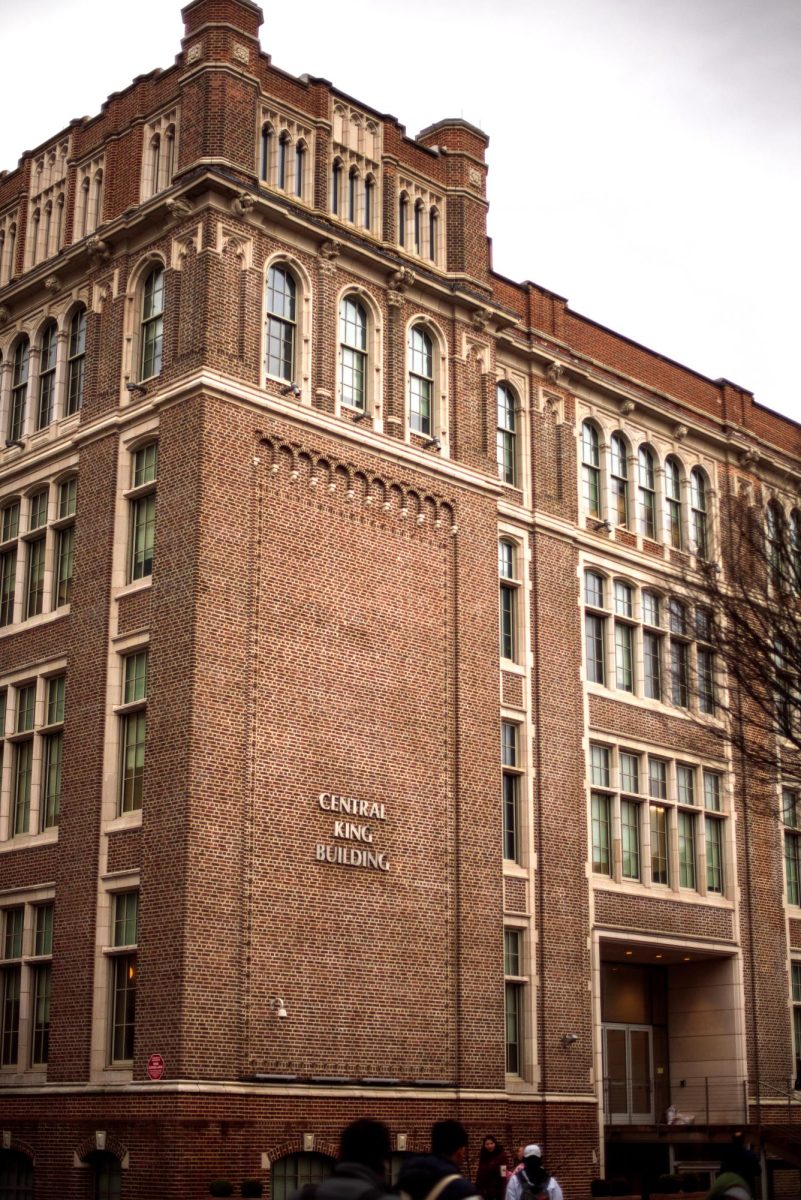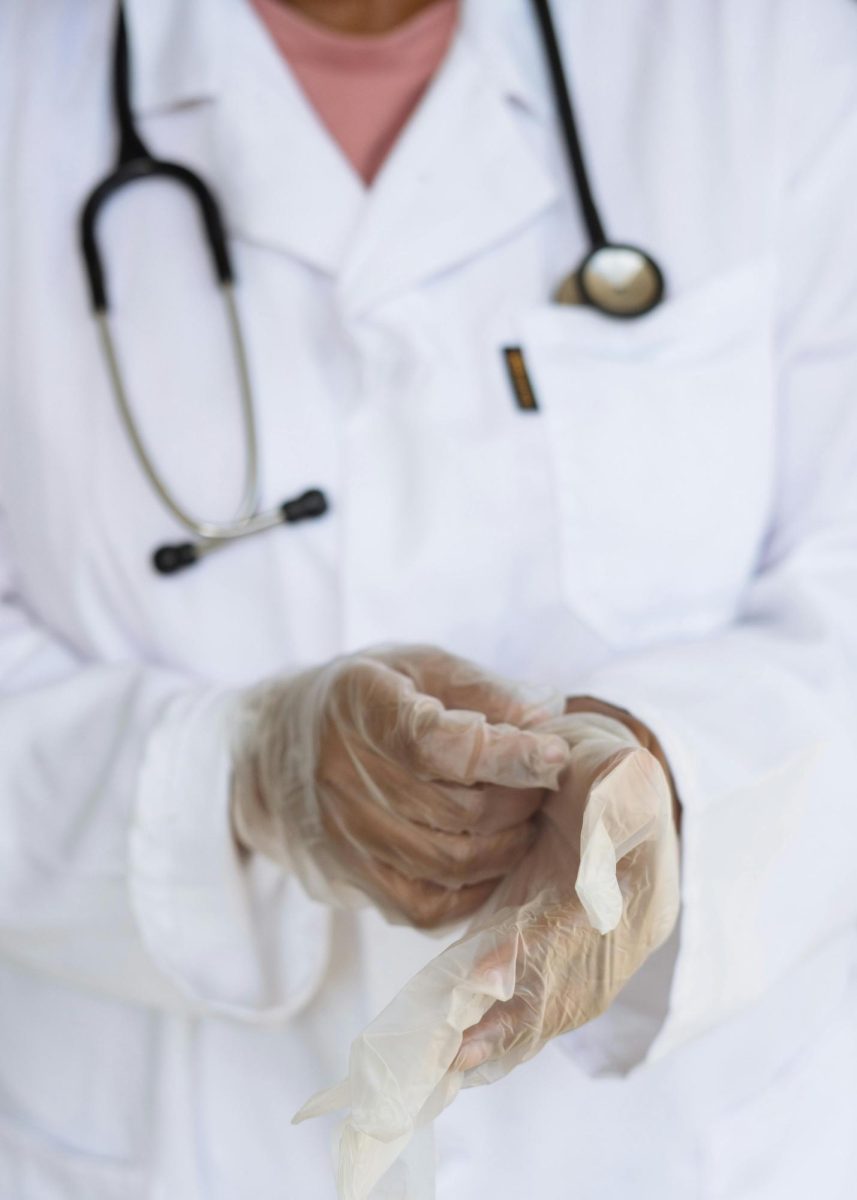Currently, the CDC reports that New Jersey alone is receiving 100,000 new vaccine kits each week, yet as it stands, it seems unlikely that even a majority of NJ’s current population of 8.88 million people will be able to be inoculated in the coming months. Deployment logisticians have attributed this delayed distribution to many factors, including missing federal funding from hospitals and other treatment facilities, and hesitant denials to receiving the vaccine from more wary members of top-priority communities. However, a growing number of people have pointed to one of New Jersey’s pandemic recovery policies that sets us apart from many other states: New Jersey’s inclusion of federal and state prisoners in its first wave of vaccine rollouts.
The New Jersey Department of Health, in conjunction with the CDC’s regulations, has developed a 4-phase system for distribution of these federally procured vaccines. The phases describe the order of priority of which demographic groups in the state should be offered the vaccine first: phase 1A consisting of healthcare workers and long-term care residents, phase 1B consisting of other essential workers, phase 1C consisting of adults over 65 years of age and other adults with high-risk medical conditions, and phase 2, which encompasses the rest of the general population. This step-by-step plan received the backing of much of the Murphy administration, but more vocal groups have expressed disappointment towards some constituents at the forefront of the 1A category, namely those currently incarcerated in the state’s correctional facilities.
On Dec. 29, the first round of limited phase 1A doses were administered to inmates and faculty of the South Woods State Prison in Bridgeton of Cumberland County. But only a month prior, Governor Murphy stated that corrections staff would make up the 1B phase of the 4-phase plan. Health Commissioner Judith Persichilli in a later briefing said that inmates and staff were moved to higher priority since the initial drawing of the plans as prisons fit into “multiple categories” of the step-by-step model. Prisons force increased densities of inmates into highly congregated settings, and as William Sullivan of the Policemen’s Benevolent Association No. 105 would point out, prisons are also home to a large number of the elderly population. He would later go on to say that “[He] mostly care[s] about [his] officers being safe, and if vaccinating the inmates makes the officers safe, [he’s] all for it.” By definition of the term, inmates of correctional facilities could be considered residents of “long-term care facilities,” as the health plan stipulates may be included in Phase 1A.
Yet, the administration has been harshly criticized for this decision. Chairman of the Republican New Jersey State Committee Michael Lawry said that it was “unconscionable that Governor Murphy’s administration is vaccinating the convicted criminals in our prisons before the heroes in our state’s veteran homes.” However, members of veteran’s homes and other such “long term care facilities” are also scheduled to be vaccinated during this same phase of inoculation.
Debate over this move to include prison inmates in phase 1A of recovery has already spread to a national scale, with seven other states (Connecticut, Delaware, Maryland, Massachusetts, Nebraska, New Mexico and Pennsylvania) following in New Jersey’s footsteps. Consequently, this negative opinion of the change has reached a high amount of contention. Democratic Governor Jared Polis of Colorado said “There’s no way that prisoners are going to get it before members of a vulnerable population.” Polis’ Press Secretary Conor Cahill supports that the state has a “moral obligation” to put “frontline health care heroes” before all others, insinuating that this move to dilute the pool of ‘firsts’ to receive the vaccine would be a grave error.
Civil rights advocates and inmates themselves have also been speaking up to defend the prison systems in their current vulnerable state. Jennifer Scaife, executive director of the Correctional Association of New York, noted in a statement that “The fact that people in prison have been convicted of a crime should not deprioritize their need for an important public health measure.” Democrat Robert C. “Bobby” Scott wrote in a letter to the director of the Federal Bureau of Prisons and the federal Centers for Disease Control and Prevention, “the virus is moving through the prison population three times faster than it did on commercial cruise ships at the start of the pandemic.” And Christopher Blackwell, an inmate at a Washington State penitentiary, argued in The Washington Post that he and his fellow inmates were sentenced to jail time, not to “suffer or die from a virus.” and that they “ought to be near the top of the list” since guidelines are outlined to “[help] the most vulnerable.”
According to a recent analysis by the Associated Press and the Marshall Project, an alarming ratio of 1 in every 5 prisoners in the US has contracted COVID-19 to this date, and the mortality rate for COVID-19 among prisoners is 45% higher than in a general population. New Jersey is on the middle tier on the Marshall Project’s ranking, reporting 3,956 total cases since the beginning of the outbreak, with California leading the list with 45,486 total cases. Altogether, the US prison system has racked up a total of 355,780 prisoner COVID-19 cases, where only 275,430 of these prisoners have since recovered. Also, 94,002 prison staff have tested positive, with a recovery of 63,882 staff. These figures can be attributed to the nature of most prisons, offering dormitory-style housing and open-bar cell doors that make it nearly impossible to quarantine. They are often overcrowded and poorly ventilated, and prison healthcare is notoriously substandard.
As Rick Raemish, a consultant at the Colorado Department of Corrections puts it, “These prisons are bacteria factories… [and] if [COVID-19] is allowed to run in a prison… You’re going to see devastation that’s unbelievable.”
























